Mental Health Hotline Articles
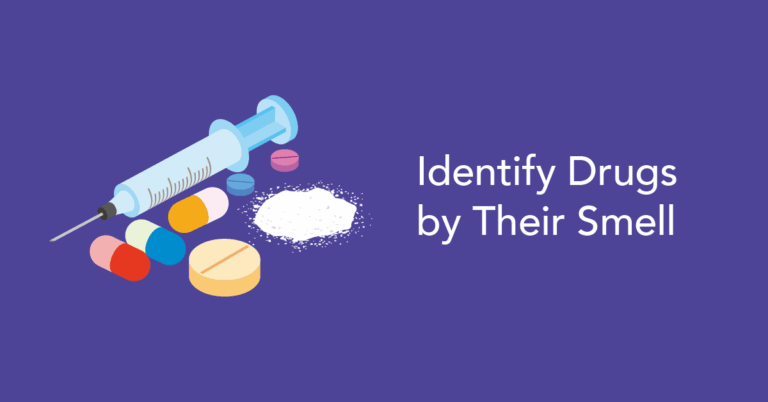
Identify Drugs by Their Smell
Certain drugs have distinct smells that can help identify their presence in a room, on a person or in paraphernalia,
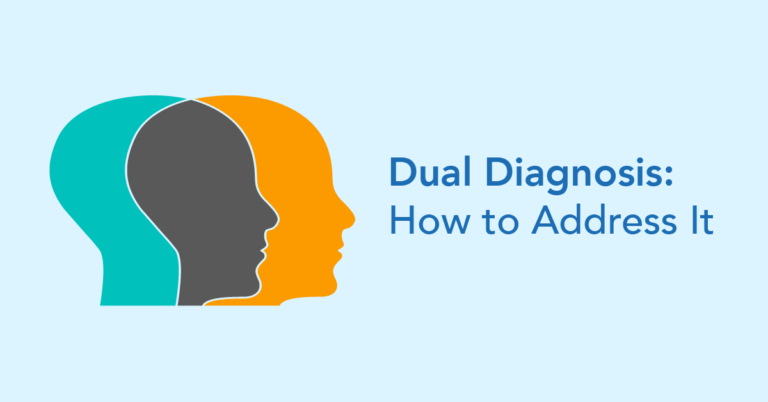
“Dual Diagnosis”: How to Address It
Dual diagnosis is the condition of experiencing a mental health disorder and a substance use disorder at the same time.
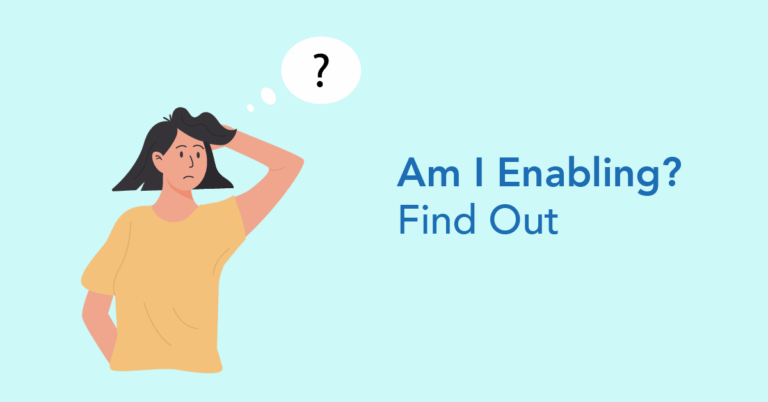
Am I Enabling? Find Out.
Enabling is when your actions, often rooted in love or concern, unintentionally allow someone’s unhealthy behaviors to continue — especially
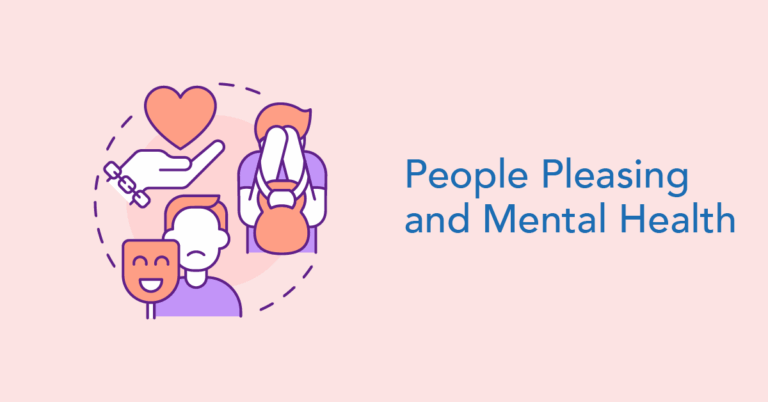
People Pleasing and Mental Health
People pleasing is a behavioral pattern where individuals prioritize others’ needs, desires and approval over their own well-being — often
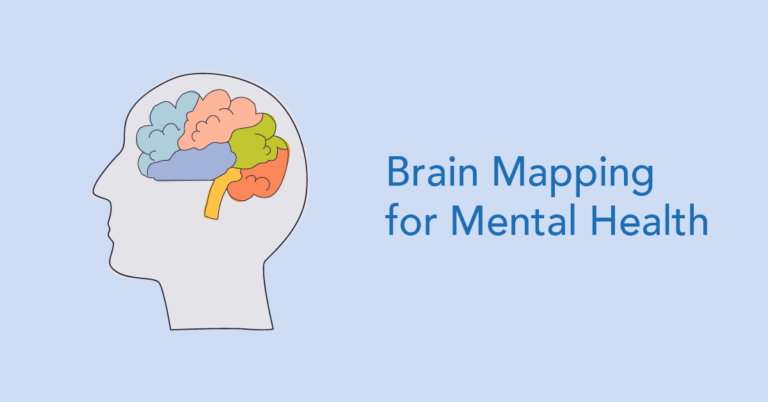
Brain Mapping for Mental Health
Brain mapping is a noninvasive technique that measures electrical activity in the brain to identify patterns associated with mental health
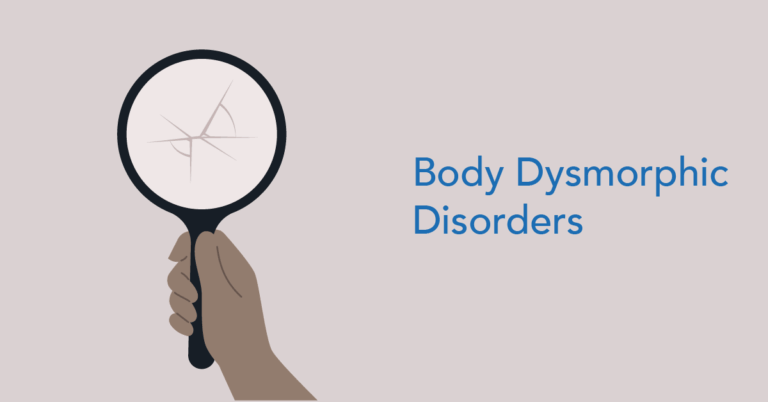
Body Dysmorphic Disorders
What is Body Dysmorphic Disorder? Body dysmorphic disorder is a mental health condition in which a person becomes obsessively focused

Understanding and Addressing Trichotillomania (Hair-Pulling Disorders)
What is Trichtillomania Trichotillomania, also known as hair-pulling disorder, is a mental health condition that involves recurrent, irresistible urges to
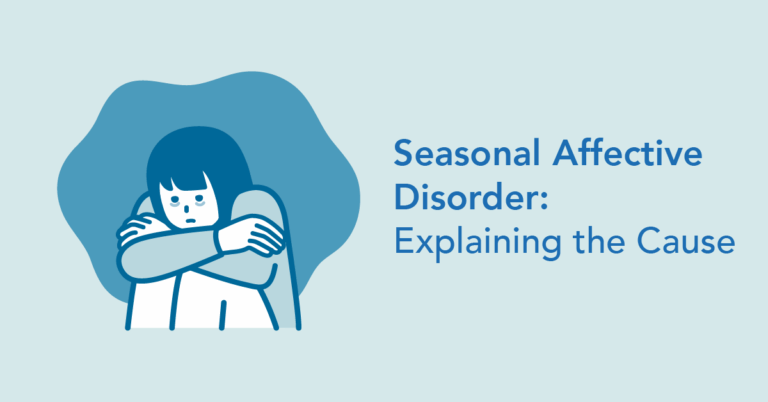
Seasonal Affective Disorder – Explaining the Cause
What is Seasonal Affective Disorder (SAD)? Seasonal affective disorder (SAD) is a form of depression that occurs at specific times
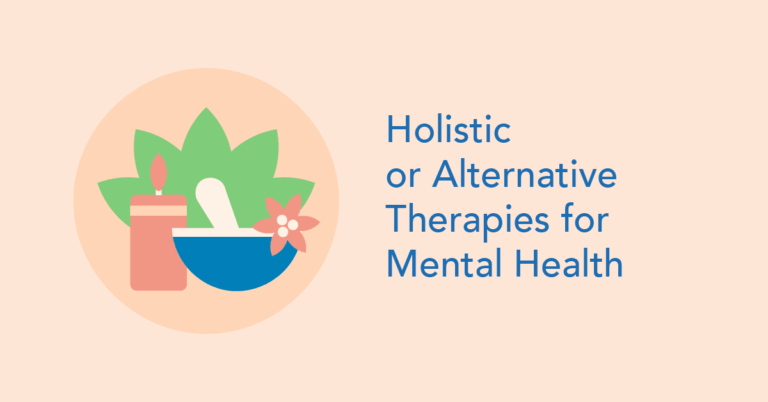
Holistic or Alternative Therapies for Mental Health
What are Holistic Options for Mental Healht? Holistic and alternative therapies for mental health refer to nontraditional approaches that address